FCA and partners launch TVET report at Global Refugee Forum 2023
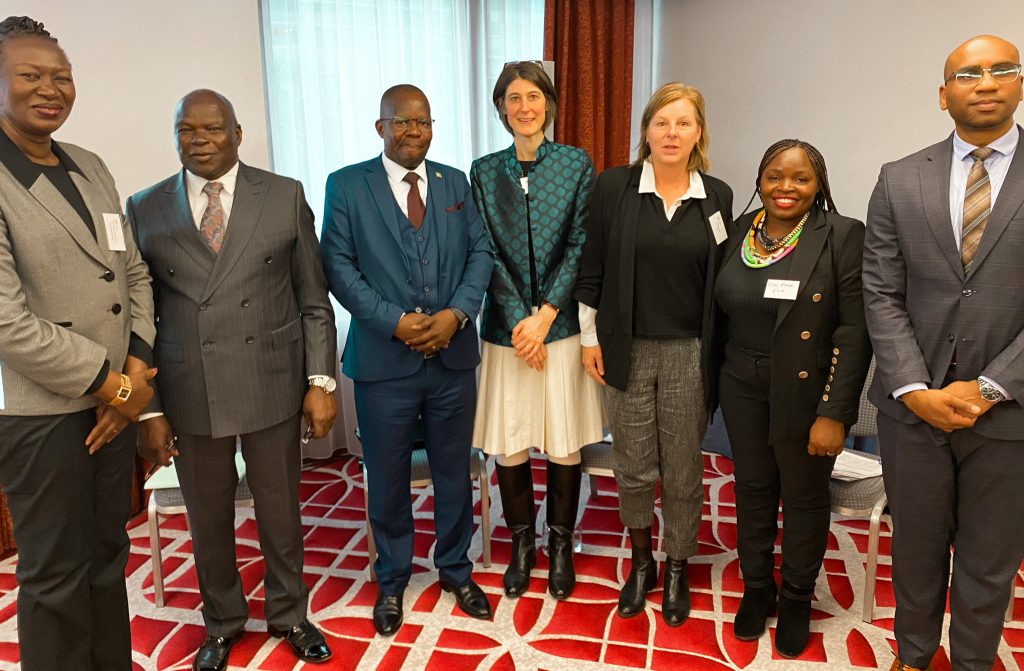
Government representatives from Germany, Liberia, South Sudan, Zambia, Zimbabwe and FCA experts discussed how to bolster refugee self-reliance through technical and vocational education and training (TVET) during the international forum on refugees.
AT THE EDUCATION CAMPUS, linked to the 2023 Global Refugee Forum, FCA with its 15by30 steering committee partners, ILO, GiZ and UNHCR, hosted an expert panel to explore the results of the new report, “Economic and labour market impacts of TVET for refugees in LMICs“.
With Ms. Christine Hofmann from the International Labour Organization moderating, the panel found common ground on the need to open up access to labour markets to refugees, as well as the need for training programmes to be labour market relevant and their results more rigorously evidence based.
Economic impact of TVET
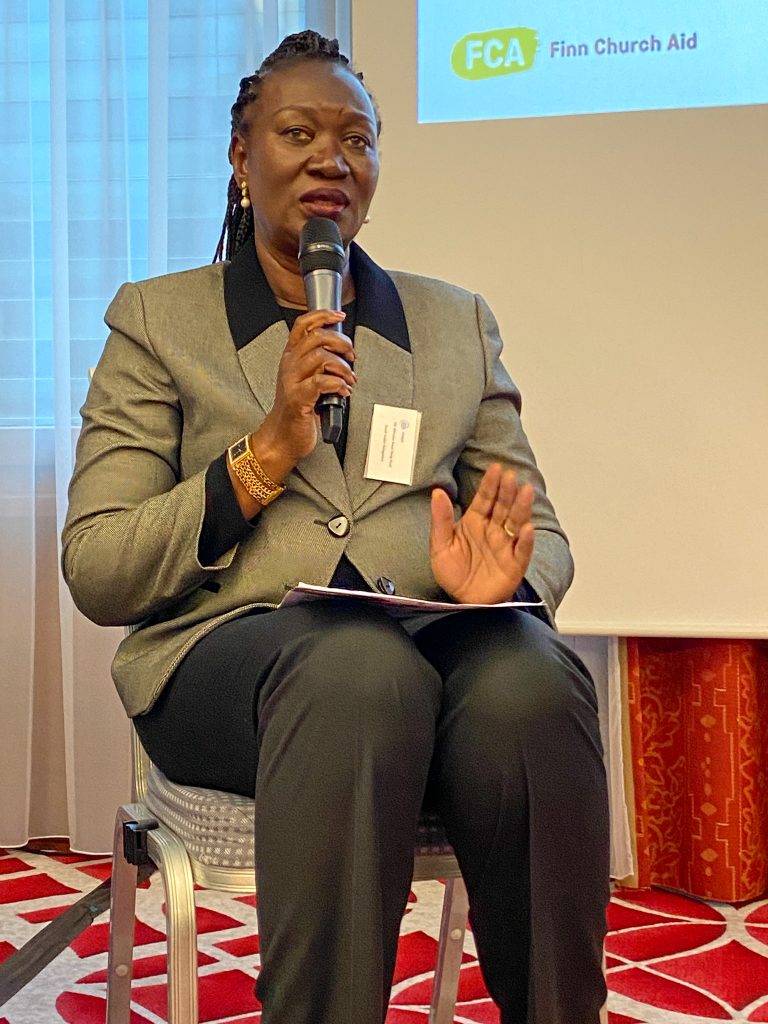
Minister Awut Deng Acuil, the Minister of General Education and Instruction in South Sudan stressed the economic investment of TVET,
“TVET has a big economic return. When you give the skill to individuals, you will see the impact in a very short time – in the family, in the community where they live.”
She continued that traditional education approaches have concentrated on primary and secondary education, whereas TVET can “produced professionals, who can help in development of the country, but also in economic growth,” adding that skills can also help them reintegrate if they return to their home countries.
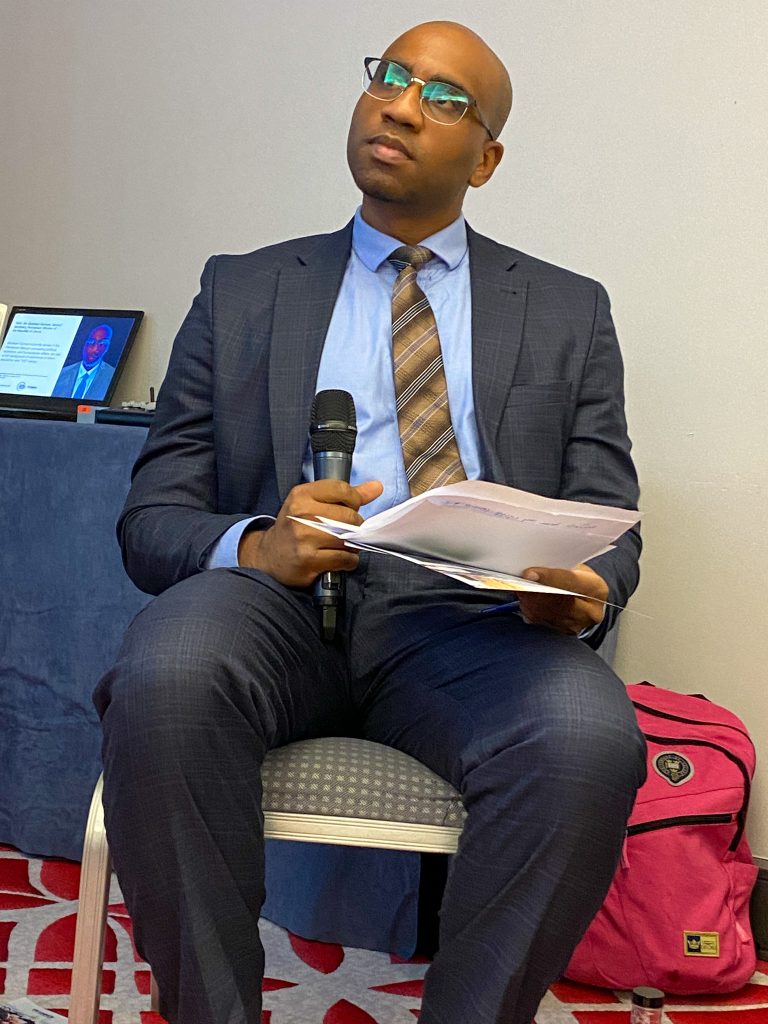
The expense of TVET programmes was mentioned by almost all of the panel. Mr.Abraham Kamara, Second Secretary, Permanent Mission of Liberia to the United Nations Office at Geneva, noted that building up a robust evidence base was key to helping international donors and governments make sound funding decisions.
“We need to provide qualitative data, so the donors will be able to situate themselves. The implementing partners will be able to design programmes that will be more focused financially. By providing structured data that will be able to overcome the shortcoming of budgetary that most host countries face,” he told the packed room.
This was a point also brought up by the new report, which offers six recommendations to better bolster refugee skills.
Responsive programming, new skills
Mr Kamara also emphasised the need for gender responsive programming and digital skilling, like in FCA’s own Creative Industries programme.
This was echoed by Mrs Marianna Knirsch, Deputy Head of Education Division at the German Federal Ministry for Economic Cooperation and Development, who also brought up the importance of green skills in TVET programmes, as well as the importance of integrating refugee training into national frameworks.
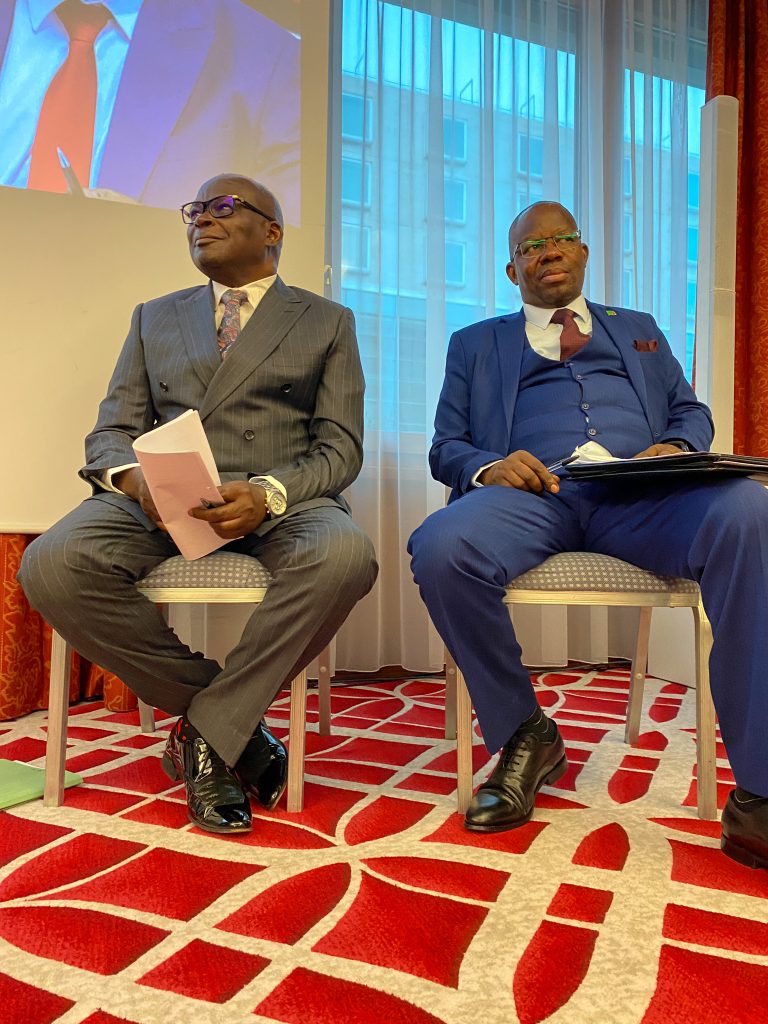
“We try to make it as far as possible to integrate whatever we do for refugees and IDPs into nation systems – we know it’s more efficient, we know it’s more effective and it will offer prospects to refugees either if they stay or go back,” she stated.
Also on the panel were Mr. July Moyo, Minister of Public Service, Labour and Social Welfare, Zimbabwe and Dr. Prosper Ng’andu, Commissioner for Refugees, Zambia, who both outlined their own countries’ approach to TVET with Dr Ng’andu describing a ‘paradigm shift’ in Zambia through which refugees are now seen as an asset that can be welcomed to build the economy.
FCA Uganda’s Lilian Musoki related her personal experience with the TVET complementary pathways programme and laid out clearly that financing is key.
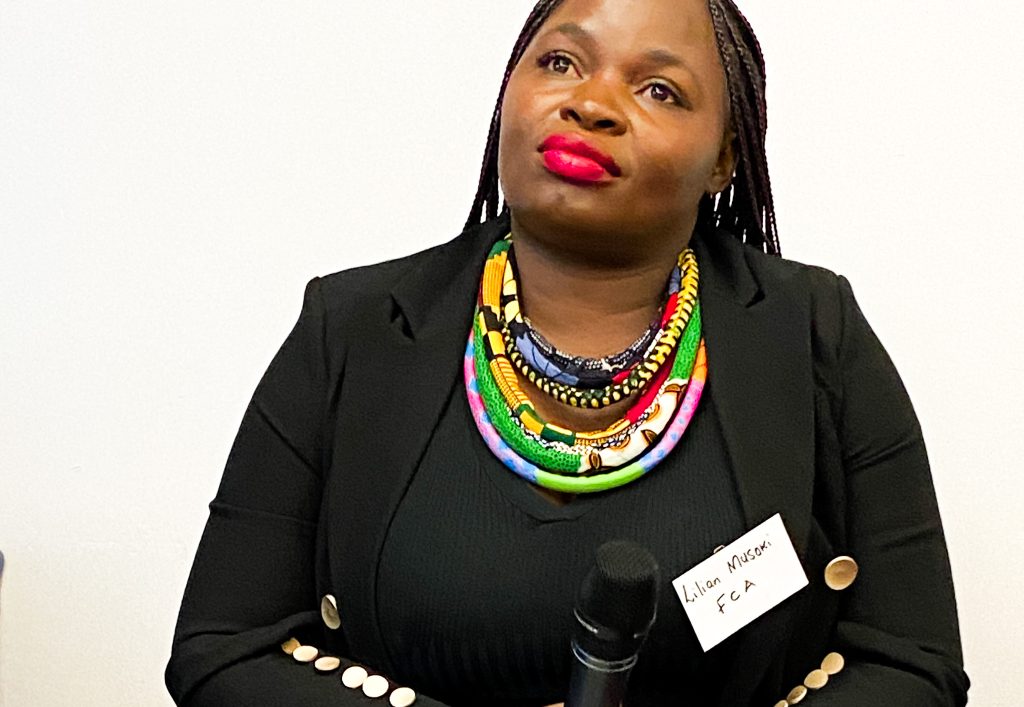
“We want an increase in TVET financing, financing that looks at scholarships. If it is labour mobility, if it is a TVET pathway, these scholarships should look at TVET directly.”
Ms Musoki ended the session by quoting an apt African proverb: “if you are afraid of the bee, you will not harvest honey.”
—
Text and photos: Ruth Owen
FCA, ILO, UNHCR and GiZ form a steering informal committee as part of the 15by30 ‘megapledge’ (link) for refugee tertiary education.
Read more about the steering committee’s research and approach to TVET for refugees.